Relay Tester Tools: Troubleshooting Electrical Circuits
Are you having trouble troubleshooting electrical circuits? Look no further than relay tester tools! These versatile devices are designed to accurately diagnose and assess the functionality of relays in electrical systems. With their ability to simulate various operating conditions, relay tester tools provide invaluable support in identifying faulty relays and ensuring the overall performance of your circuits.
Equipped with advanced features such as programmable testing sequences and variable voltage outputs, these tools offer precise and efficient troubleshooting solutions for both professionals and DIY enthusiasts. Whether you're dealing with automotive, industrial, or residential applications, relay tester tools empower you to take control of your electrical systems, saving you time and money.
Importance of Relay Tester Tools in Troubleshooting Electrical Circuits
Relay tester tools play a crucial role in troubleshooting electrical circuits, offering a range of benefits that simplify the diagnostic process. By accurately simulating the functioning of relays, these tools allow technicians to pinpoint faults swiftly and accurately. This eliminates the need for time-consuming trial and error methods, allowing for more efficient repairs and reducing downtime.
Moreover, relay tester tools enable technicians to test relays under various operating conditions, ensuring that they function reliably in real-world scenarios. This comprehensive testing approach helps identify potential issues that may not be evident in conventional testing methods. By detecting problems before they cause system failures, relay tester tools contribute to the overall safety and reliability of electrical circuits.
In addition to their diagnostic capabilities, relay tester tools also provide valuable data for analysis. These tools record and display important information such as operating currents, response times, and voltage drops. This data can be analyzed to identify patterns and trends, aiding in the prevention of future failures and optimizing the performance of electrical systems.
Overall, relay tester tools are indispensable for troubleshooting electrical circuits, offering accuracy, efficiency, and valuable data analysis capabilities. By incorporating these tools into your diagnostic process, you can ensure the reliable operation of your electrical systems and minimize the risk of costly failures.
Common Electrical Circuit Issues and How Relay Tester Tools Can Help
Electrical circuits are prone to a variety of issues that can affect their performance and reliability. Common problems include relay contact failures, coil winding issues, and relay coil voltage fluctuations. These issues can lead to circuit malfunctions, intermittent failures, and even system breakdowns.
Relay tester tools provide a comprehensive solution for diagnosing and resolving these common electrical circuit issues. With their ability to simulate various operating conditions, these tools enable technicians to accurately replicate real-world scenarios and identify the root causes of the problems.
For instance, relay contact failures can be detected using relay tester tools by measuring the contact resistance and checking for any abnormal behavior during operation. By simulating different load conditions, these tools can identify contact degradation and excessive contact resistance, allowing for timely repairs or replacements.
Similarly, coil winding issues, such as open or short circuits, can be diagnosed using relay tester tools. By applying the appropriate voltage and measuring the resulting current, these tools can determine if the coil is functioning within its specified parameters. Any deviations from the expected values can indicate a fault in the coil winding, enabling technicians to take appropriate action.
Additionally, relay tester tools can help identify relay coil voltage fluctuations, which can cause erratic operation or complete failure. By simulating different voltage levels and monitoring the relay's response, these tools can detect any abnormalities in the coil voltage. This information can be used to diagnose the underlying cause, such as power supply issues or faulty wiring connections.
In summary, relay tester tools are invaluable for troubleshooting common electrical circuit issues. Their ability to accurately simulate real-world conditions enables technicians to identify and resolve problems efficiently, ensuring the reliable operation of electrical systems.
Types of Relay Tester Tools Available in the Market
The market offers a wide range of relay tester tools, each designed to cater to specific needs and requirements. Understanding the different types available can help you choose the right tool for your troubleshooting tasks. Let's explore some of the most common types of relay tester tools:
- Single-function Relay Tester Tools: These tools are designed to test a specific type of relay, such as electromagnetic relays or solid-state relays. They offer dedicated testing capabilities and are suitable for users who primarily work with a specific type of relay.
- Multi-function Relay Tester Tools: These versatile tools are capable of testing various types of relays, making them suitable for users who work with different relay technologies. They offer a wide range of testing capabilities and are often equipped with advanced features for comprehensive diagnostics.
- Portable Relay Tester Tools: These compact and lightweight tools are ideal for technicians who need to perform on-site troubleshooting or work in confined spaces. Portable relay tester tools often have built-in batteries for convenient mobile use and may offer wireless connectivity for data transfer.
- Benchtop Relay Tester Tools: These larger and more robust tools are typically used in laboratory or workshop settings. They offer a wide range of testing capabilities, advanced features, and enhanced precision. Benchtop relay tester tools are suitable for users who require high-performance testing equipment.
- Programmable Relay Tester Tools: These advanced tools allow users to create custom testing sequences and simulate complex operating conditions. They offer unparalleled flexibility and are ideal for users who frequently encounter unique or specialized relay applications.
When choosing a relay tester tool, consider factors such as the types of relays you work with, the portability requirements, the level of functionality needed, and your budget. By selecting the right tool for your specific needs, you can optimize your troubleshooting process and improve overall efficiency.
How to Use a Relay Tester Tool for Troubleshooting Electrical Circuits
Using a relay tester tool for troubleshooting electrical circuits requires a systematic approach to ensure accurate and reliable results. Here's a step-by-step guide on how to effectively use a relay tester tool:
- Step 1: Preparation: Before starting the testing process, ensure that the power to the circuit is turned off and all safety precautions are in place. Familiarize yourself with the relay tester tool's user manual and ensure you have the necessary cables and adapters for connecting to the relay.
- Step 2: Connection: Connect the relay tester tool to the relay under test using the appropriate cables and adapters. Ensure that the connections are secure and properly aligned.
- Step 3: Configuration: Set up the relay tester tool according to the specifications of the relay being tested. This includes configuring the voltage levels, current ranges, and testing parameters. Consult the user manual for specific guidance on configuring the tool.
- Step 4: Testing: Once the relay tester tool is properly configured, initiate the testing process. Follow the testing sequence recommended in the user manual or create a custom sequence if applicable. Monitor the relay tester tool's output and observe the relay's response during the testing process.
- Step 5: Analysis: Analyze the results obtained from the relay tester tool. Compare the measured values with the expected values provided by the relay manufacturer. Identify any deviations or abnormalities that may indicate a fault or potential issue.
- Step 6: Troubleshooting: Based on the analysis of the relay tester tool's results, troubleshoot the circuit to identify the root cause of the problem. Make any necessary repairs or replacements to restore the relay's functionality.
- Step 7: Verification: After troubleshooting and making any necessary changes, retest the relay using the relay tester tool to ensure that the issue has been resolved. Verify that the relay functions as expected and that the measured values align with the specifications.
Following these steps will help you effectively utilize a relay tester tool for troubleshooting electrical circuits. Remember to always prioritize safety and consult the user manual for specific instructions and guidelines.
Safety Precautions When Using Relay Tester Tools
While relay tester tools are essential for troubleshooting electrical circuits, it is crucial to observe safety precautions to prevent accidents and ensure personal safety. Here are some important safety measures to consider when using relay tester tools:
- Power Off: Always turn off the power to the circuit before connecting or disconnecting the relay tester tool. This minimizes the risk of electric shock and protects both the technician and the equipment.
- Proper Grounding: Ensure that the relay tester tool and the circuit under test are properly grounded. This helps prevent electrostatic discharge and protects against potential damage to the equipment.
- Personal Protective Equipment: Wear appropriate personal protective equipment, such as safety goggles and insulated gloves, when working with electrical circuits. This provides an additional layer of protection against potential hazards.
- Follow Manufacturer's Instructions: Adhere to the manufacturer's instructions and guidelines provided with the relay tester tool. This includes using the tool within its specified operating parameters, following proper connection procedures, and practicing recommended safety measures.
- Routine Maintenance: Regularly inspect and maintain the relay tester tool to ensure its proper functioning. Clean the tool as recommended and promptly address any issues or malfunctions.
By following these safety precautions, you can minimize the risk of accidents and ensure a safe working environment when using relay tester tools for troubleshooting electrical circuits.
Case Studies Showcasing the Effectiveness of Relay Tester Tools
To further illustrate the effectiveness of relay tester tools in troubleshooting electrical circuits, let's explore a few case studies that highlight their practical applications:
Case Study 1: Automotive Relay Troubleshooting
A mechanic at an automotive repair shop encountered an issue with a vehicle's fuel pump relay. Using a relay tester tool, the mechanic was able to simulate the operating conditions of the relay and identify a fault in the contact terminals. This allowed for a targeted repair, saving time and eliminating the need for unnecessary part replacements.
Case Study 2: Industrial Control System
An engineer working in an industrial facility faced intermittent failures in a control system relay. By using a programmable relay tester tool, the engineer was able to simulate various operating scenarios and identify an issue with the relay coil. This enabled a timely replacement, preventing potential equipment damage and production delays.
Case Study 3: Residential HVAC System
A homeowner experienced inconsistent heating and cooling in their HVAC system. A technician used a multi-function relay tester tool to diagnose the issue and discovered a faulty relay responsible for controlling the compressor. By quickly identifying and replacing the faulty relay, the technician restored the HVAC system's functionality, providing comfort to the homeowner.
These case studies demonstrate how relay tester tools can effectively diagnose and resolve electrical circuit issues across different applications. By leveraging the capabilities and features of these tools, technicians and DIY enthusiasts can achieve accurate troubleshooting results, saving time and resources.
Recommended Relay Tester Tools for Different Scenarios
Choosing the right relay tester tool for your specific needs is essential to achieve accurate and efficient troubleshooting results. Here are some recommended relay tester tools for different scenarios:
- Fluke 6100A Electrical Power Standard: This versatile benchtop relay tester tool offers precise measurements and a wide range of testing capabilities. It is suitable for professionals working with a variety of relay types and applications.
- Megger SMRT36 Three-Phase Relay Test Set: Designed for comprehensive testing of protection relays, this portable tool offers advanced features and high accuracy. It is ideal for on-site troubleshooting and testing in industrial settings.
- Omicron CMC 356 Universal Relay Test Set: With its programmable testing sequences and powerful diagnostic capabilities, this multi-function relay tester tool is suitable for users dealing with complex relay applications in various industries.
- Klein Tools RT310 Circuit Tester: This compact and affordable relay tester tool is perfect for DIY enthusiasts and homeowners. It offers basic testing functions for common residential relays, providing a cost-effective solution for troubleshooting electrical circuits.
- Doble F6150sv Relay Testing System: Designed for high-end protection relay testing, this benchtop tool offers advanced testing capabilities and precise measurements. It is suitable for professionals working with complex relay systems in utility and power generation applications.
These recommended relay tester tools provide a starting point for selecting the right tool for your specific needs. Consider factors such as your budget, the types of relays you work with, and the level of functionality required to make an informed decision.
Conclusion: The Value of Relay Tester Tools in Ensuring Efficient Electrical Circuit Troubleshooting
Relay tester tools are indispensable for troubleshooting electrical circuits, offering accurate diagnostics, efficient testing capabilities, and valuable data analysis. By accurately simulating the functioning of relays and identifying faults, these tools enable technicians and DIY enthusiasts to resolve common electrical circuit issues swiftly and effectively.
Whether you work in the automotive, industrial, or residential sector, relay tester tools empower you to take control of your electrical systems, saving you time and money. From single-function to multi-function, portable to benchtop, and programmable to basic tools, the market offers a wide range of options to cater to your specific needs.
By following proper usage procedures and observing safety precautions, you can utilize relay tester tools effectively while ensuring personal safety. Case studies further demonstrate the practical applications of these tools across different scenarios, showcasing their effectiveness in diagnosing and resolving electrical circuit issues.
Choose the right relay tester tool for your specific needs, and experience the benefits of accurate troubleshooting, reduced downtime, and improved reliability of your electrical circuits. Invest in relay tester tools and take your electrical circuit troubleshooting to the next level.

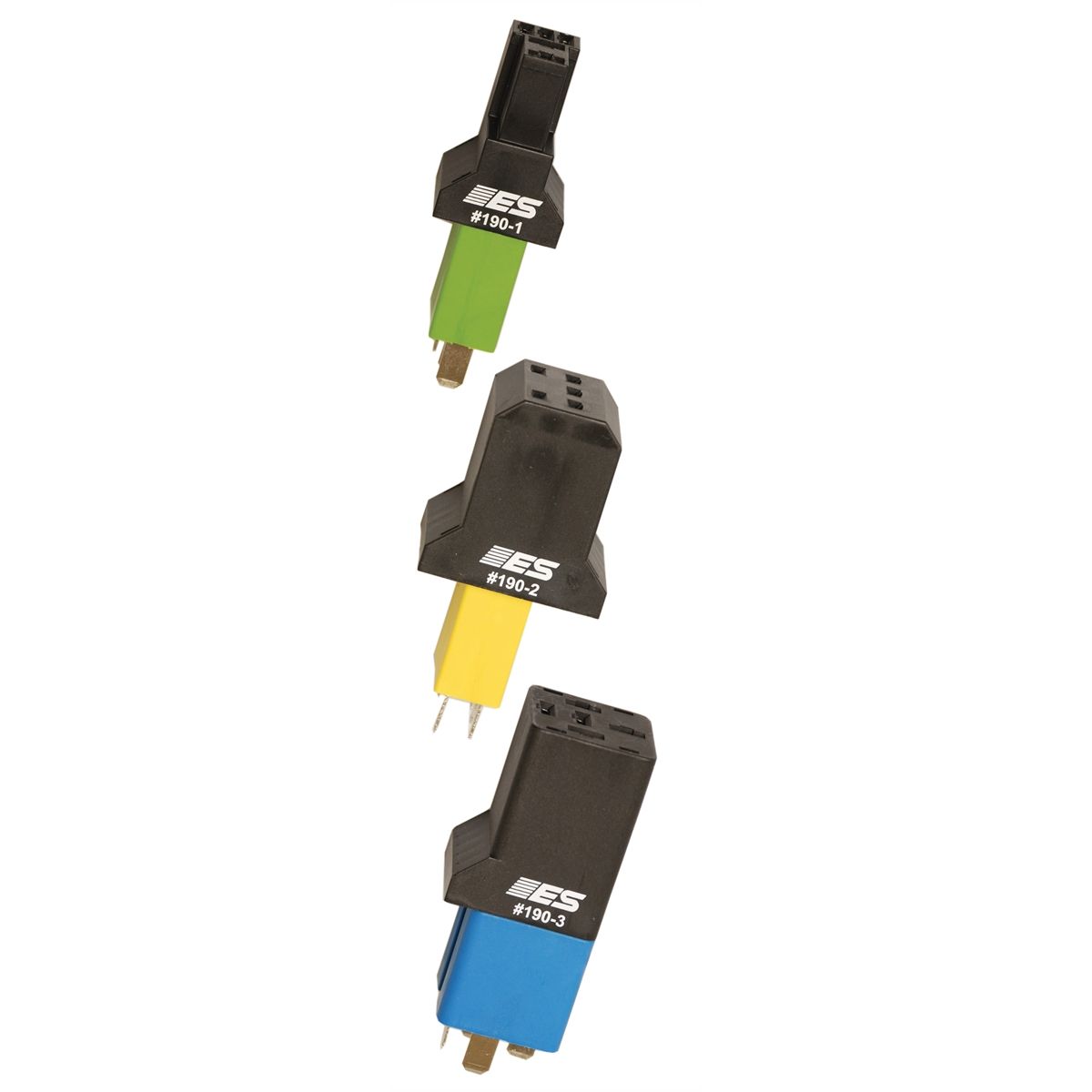
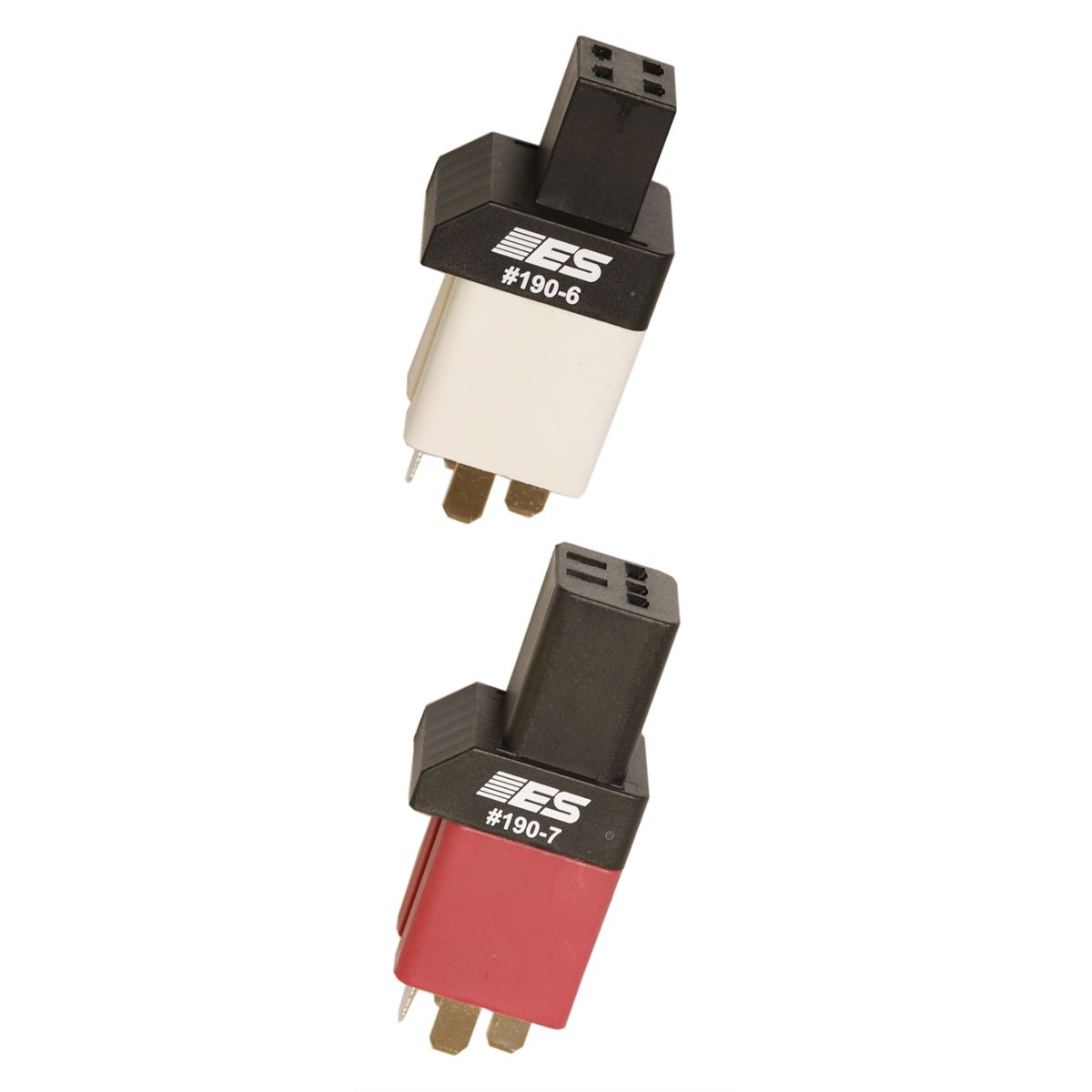
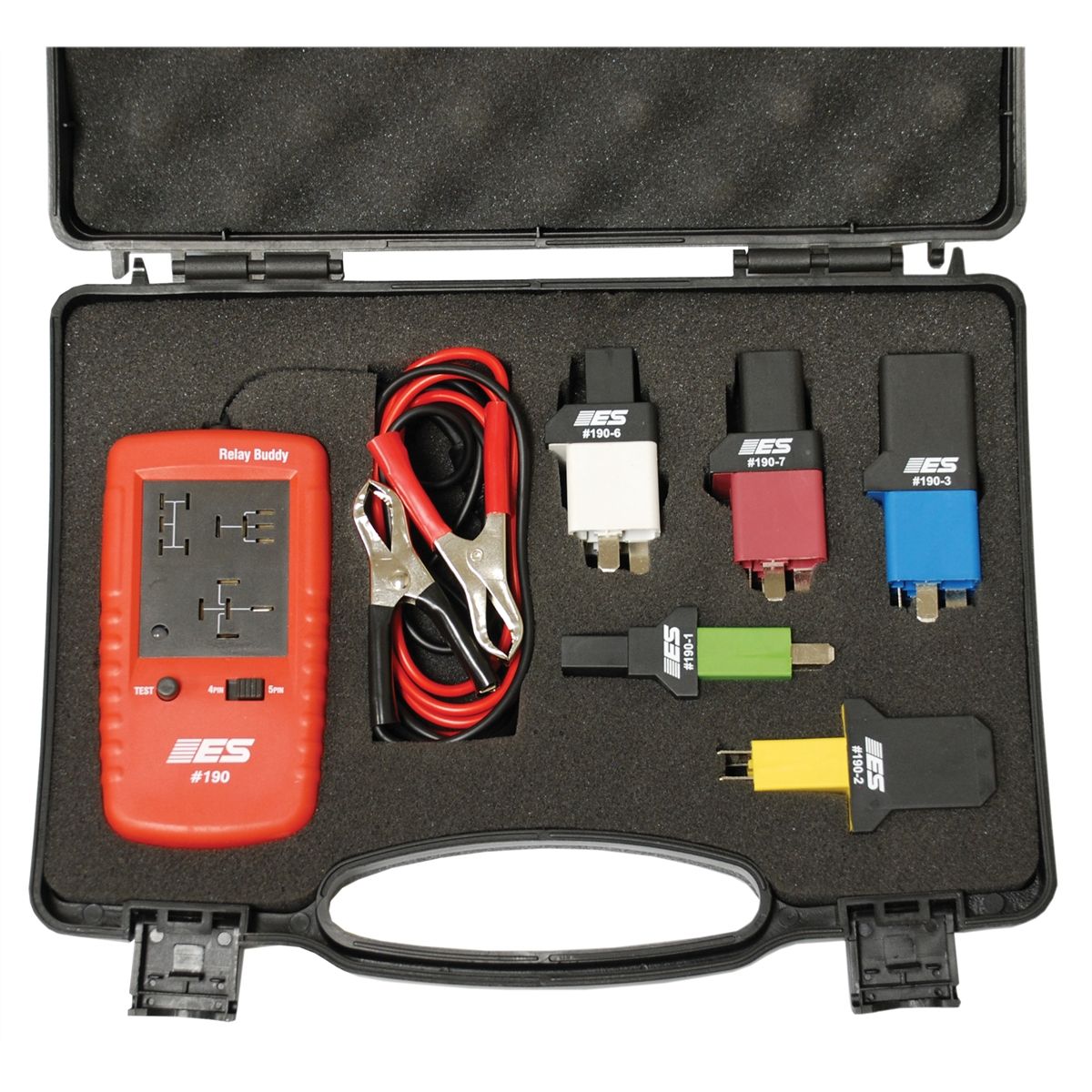
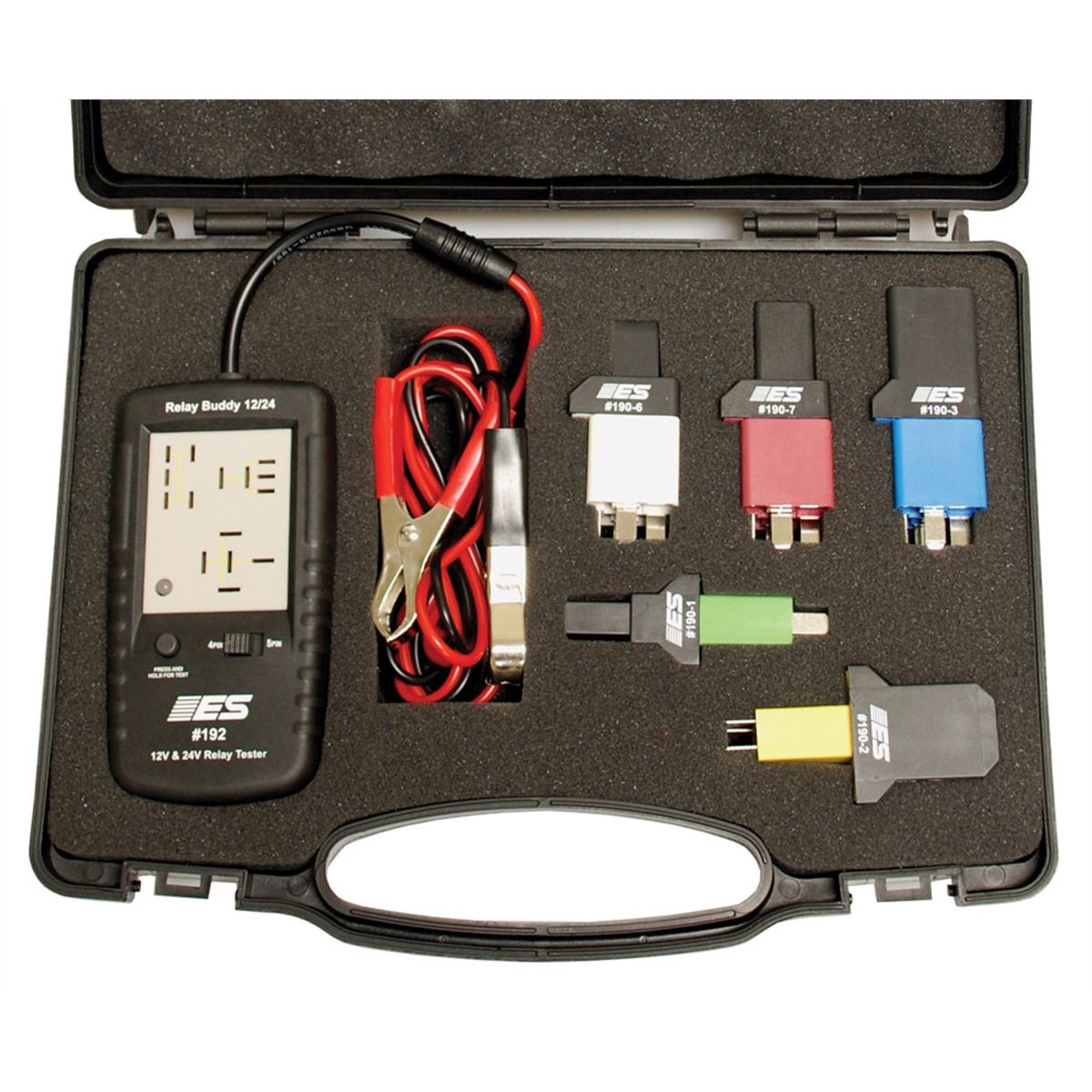
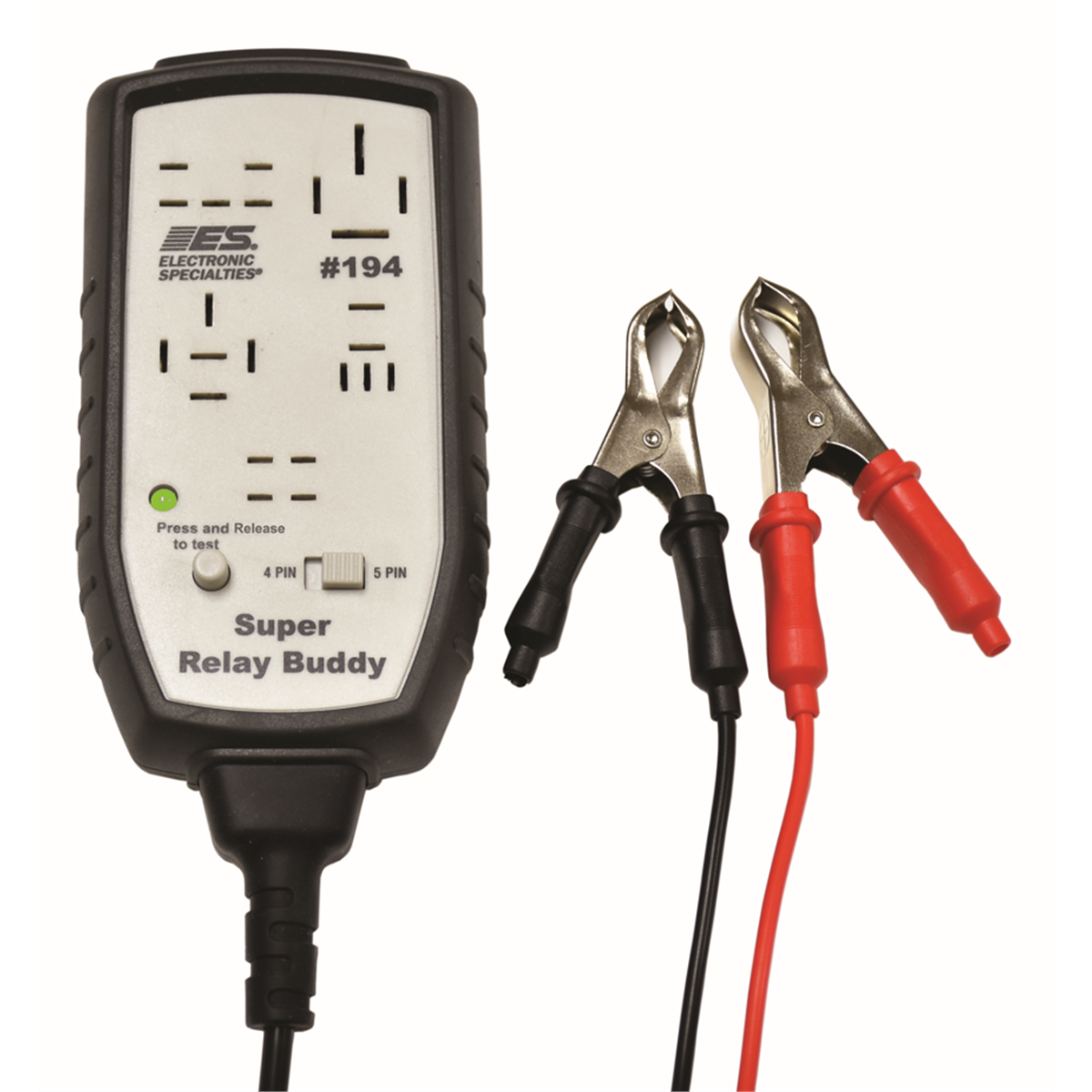

Follow us on social media